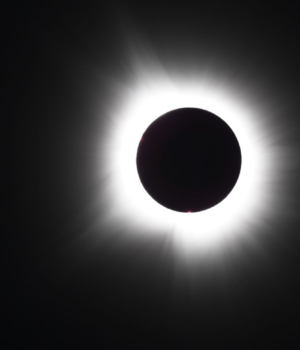By Allison Shaw
Activism and political discussion have been commonplace on social media for many years. Wherever people have a forum to express, they will do so, and the inclusion of these types of topics is nothing new. However, since 2020, with the pandemic, presidential election cycle, and BLM movement, not only has social media become more and more politicized, the notion that it should be used for activism, for the spread of information through Instagram stories that feature colorful graphics made in Canva, retweeting links to GoFundMe’s, and interrupting TikTok to raise awareness, has become more and more ingrained. How many times have you seen an Instagram story with a message like “You should repost this, I can see who views my story, you’re a terrible person if you ignore, etc. etc.” Do we have to make our personal politics, our activism, and our contributions public in order to be considered a decent human being?
When you consider celebrities, with their massive followings and the hundreds of thousands of people every day who see their posts, it can be easy to see them as the perfect tools to spread a message. Just last week, Taylor Swift’s public endorsement of presidential candidate Kamala Harris saw 400,000 new voters registered in under 24 hours. Megastars like Swift absolutely hold the clout to bring something to the attention of multitudes of people; imagine if she posted someone’s infographic or GoFundMe to her story. As public figures, celebrities command the attention of mass amounts of people all over the world. The question becomes, with that much power, do they have an obligation to use it for social media activism? Some might say that living a life in the public eye means you should utilize that privilege to help others, while others argue those are not the reasons we turn to celebrities.
However, celebrity has never been an apolitical identity. The singer Frank Sinatra was open about his support for two Democratic presidential candidates, FDR and JFK. Many other celebrities have also publicly engaged in politics such as Marlon Brando’s controversial refusal to accept his 1973 Best Actor award, and celebrities running for political office becoming more and more commonplace. Celebrities do impact the political landscape; at the very least they can start conversations.
I don’t think the answer to this question is as simple as we suspect. On one hand, the attention these people command is great, on the other, sharing a political message out of obligation may feel insincere, garnering more backlash.




